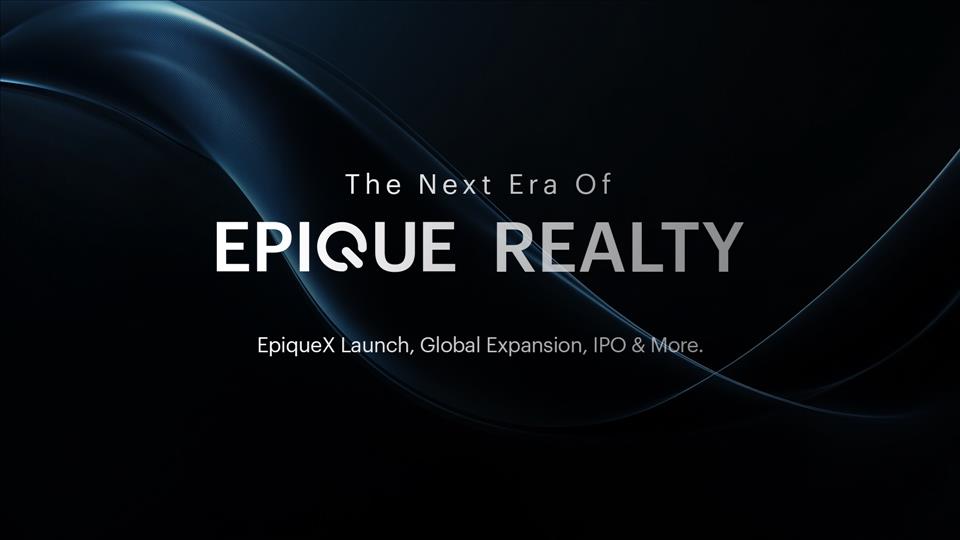By David Chaplin
Copyright investmentnews

There’s an index for everything: look it up.
Last time the Index Industry Association (IIA) published data on the sector it counted about 3 million benchmarks tracking all manner of financial instruments.
In July this year the IIA even launched an ongoing index-based education course in partnership with the CFP Board, which oversees the global financial adviser qualification.
Endorsing the new course, Jamie Farmer, Morningstar Indexes chief operating officer, said in a release at the time: “On the surface, indexes are a simple concept, but in reality, the development, construction and management of indexes is a highly complex endeavor.”
(Incidentally, Morningstar increased its benchmark boot-size last week with a US$375 million bid for seminal index house, the Center for Research in Security Prices, which backs almost US$3 trillion of passive funds – almost all managed by Vanguard.)
And benchmark-builders have ramped up the complexity over time to meet investor demand for index solutions beyond market capitalisation-weighted funds into factor-based and, increasingly, environmental, social and governance (ESG) products.
The index creep into ESG was notable, too, at the Responsible Investment Association of Australasia (RIAA) NZ conference earlier this month where the big three in the business – FTSE Russell, S&P Dow Jones Indices and MSCI – all took major sponsorship and speakership spots.
Ashley Lester, MSCI chief research and development officer, for example, travelled from his London base to present at the RIAA gig among other duties.
Lester said indices are “highly flexible tools” capable of targeting any clearly defined investment objective.
Indeed, MSCI alone has churned-out more than 100,000 equity indices, most of them customised for institutional clients often with ESG purposes in mind.
But off-the-shelf ESG options have proven popular, too, such as the MSCI World Climate Paris-aligned Index adopted by the NZ Superannuation Fund (NZS) in 2022 and by ASB a year later to benchmark global equities exposures.
NZS, in fact, moved from a bespoke MSCI index to the Paris-aligned alternative partly for cost reasons in a shift that dramatically reduced the number of securities in the-then $25 billion international share portfolio.
According to Lester, the ability of index-providers to deliver targeted ESG outcomes at scale continues to improve along with technology developments and better data quality.
Concerns about data variance and reliability across different providers have long dogged the sustainable investment sector more broadly but he said “convergence” is happening, at least for more black-and-white factors such as carbon emissions.
Data firms and investors will probably always put different weights on more nebulous ESG data-points due to preferences and/or research methodologies.
Nonetheless, Lester said companies are reporting more consistently on ESG in a trend making life easier for index-compilers and more transparent for investors.
He said APAC businesses, in particular, are now lodging “high-quality” climate-reporting disclosures.
Lester also noted the growing impact of artificial intelligence (AI) on ESG data collection that has seen index-providers consume information at a scale and speed “no human can match”.
“On the other hand, AI still makes plenty of mistakes.”
MSCI is using AI tools, Lester said, but only in “co-pilot” mode for the time-being.
Investor tastes in ESG-indexing are evolving as well, he said, with a move away from negative-screening to benchmarks tilted towards companies driving positive change in areas such as the “energy transition”.
Index-providers will have to meet the challenge by turning the ever-increasing flow of data into investable insights about the winners and losers in a transitioning world, he said… sort of like traditional fund managers but “at scale”.
RIAA has also picked up on the growing influence and ambitions of indexers in ESG.
The industry body added a new index accreditation process this month: there’s a certificate for everything.



